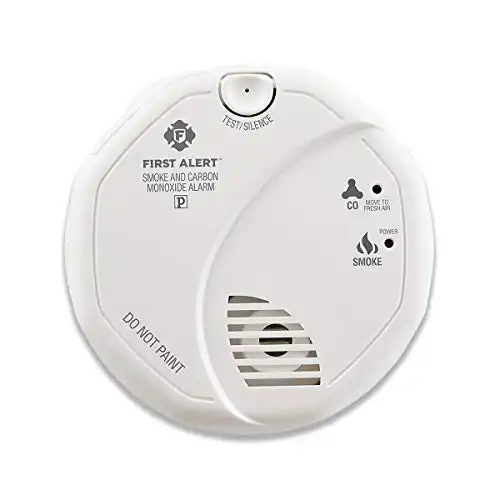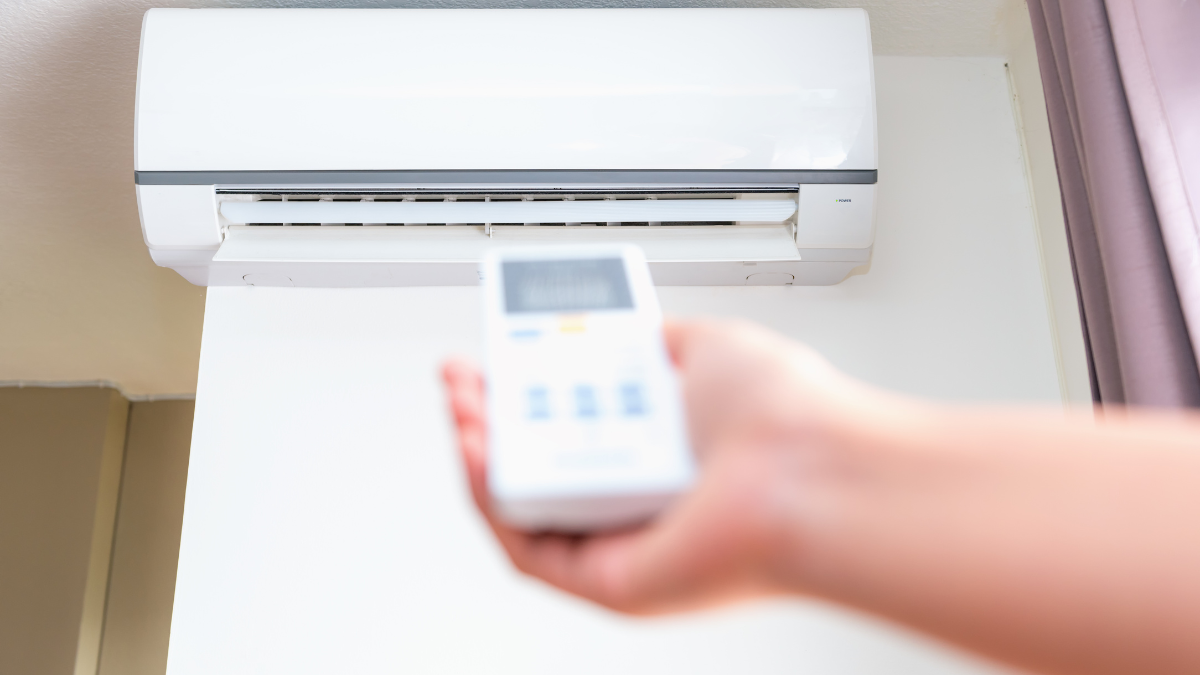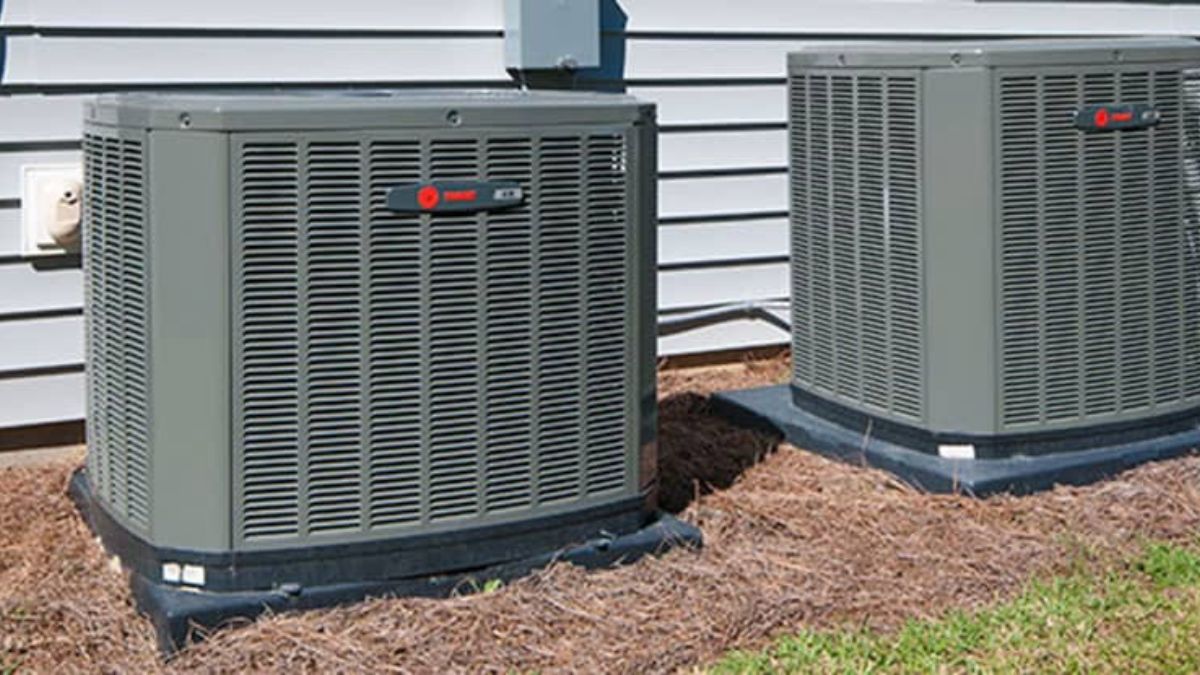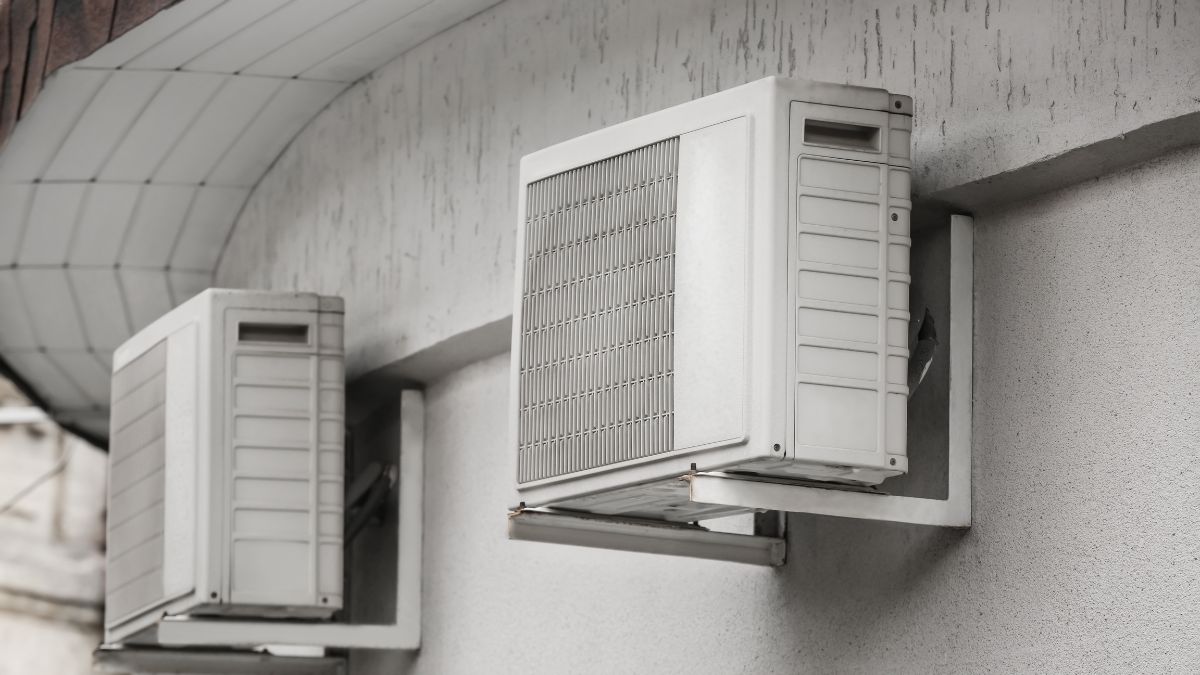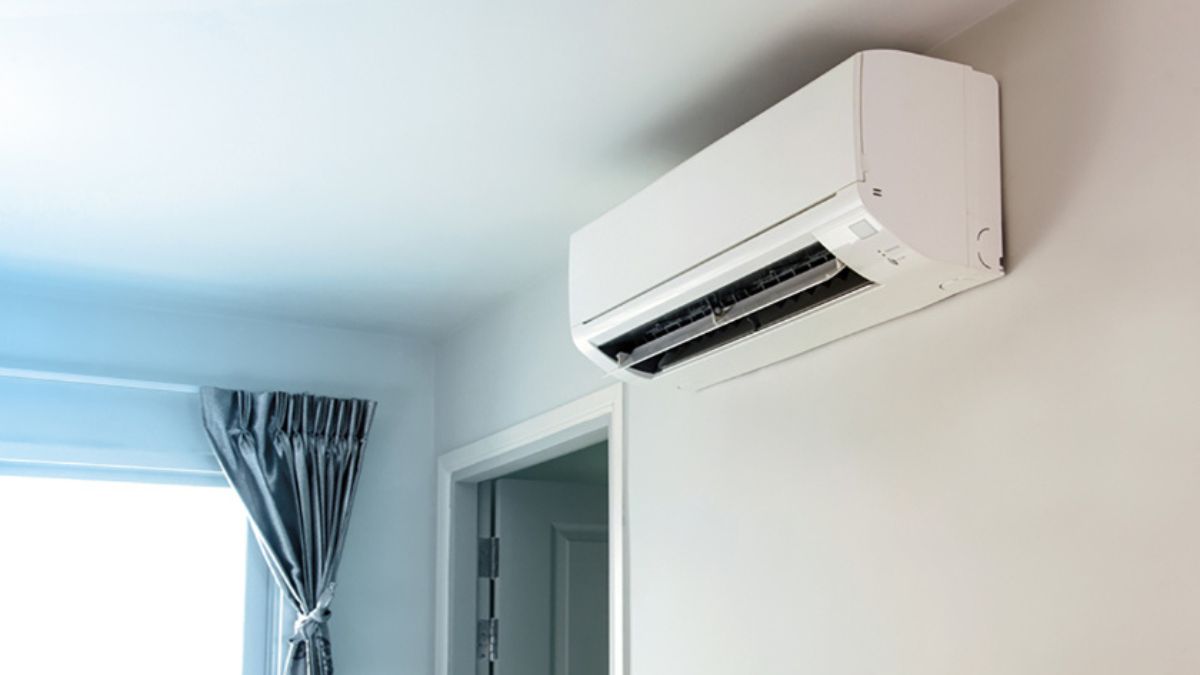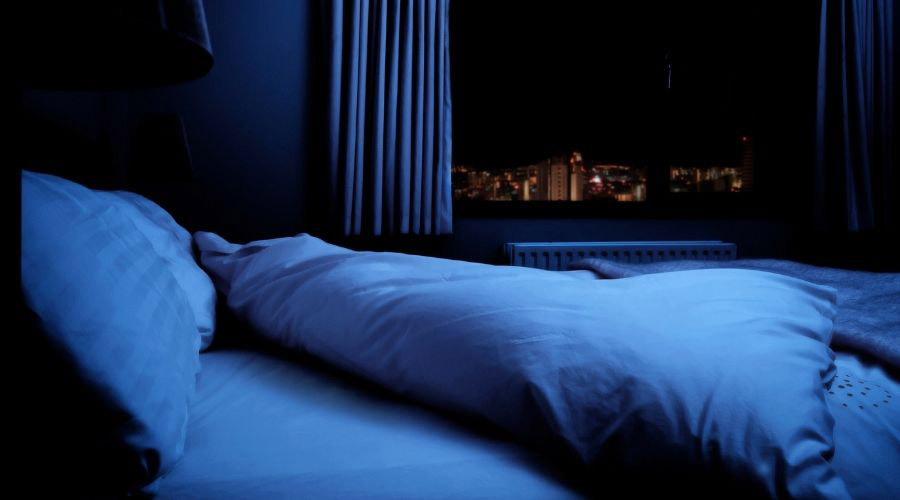
Small space heaters come in handy when the primary heating system is insufficient or central heating is too expensive to install or run. In certain situations, small space heaters may be less costly, whether you only want to heat one room or complement insufficient heating in one room. One might also wonder if it is safe to leave a space heater on 24/7.
It is not recommended to run a heater all day. Older models are prone to overheating and can cause a fire hazard. Modern space heaters have many safety features, such as automatic shut-off systems and timers, but they should not be left on for an entire day, even with those features.
When you’re using space heaters, safety is the top concern. Although they don’t look dangerous, how you run and maintain them can affect your life and the heater’s life. Most people don’t know how to operate their heater correctly and how long to keep it on.
How Long Can I Keep A Space Heater On?
Cold winters are perfect for extra heaters to be used. Space heaters are only used to warm up a small area or a single room, unlike central heaters that heat the whole house or a building. Space heaters operate with electricity or burnable fuel like natural gas, propane, gasoline, or wood.
Although most space heaters operate by convection, some rely on radiant heating. Radiant heaters emit infrared radiation that heats objects and individuals directly in their line of sight and are a more practical option.
Using a room for a short time can also be more convenient because they save energy by directly heating the room occupant.
There are some safety measures you need to take with space heaters. Only purchase newer model heaters that have all of the latest safety features.
Choose a thermostatically operated heater because the energy loss of overheating a room is avoided. Pick a heater of the appropriate size for the room you wish to heat. Do not buy heaters that are oversized for smaller rooms.
1. Can Cause Health Issues Due To Dry Air
Burns, fires, and carbon monoxide poisoning are significant risks of space heaters. Please do not leave your space heater on for too long, as it can cause damage and impact your health.
The air that heaters produce is dry. Breathing in dry air presents health risks. It can damage your respiratory system and cause ailments such as bronchitis, asthma, sinusitis, and nosebleeds. As body fluids are drained, your skin’s moisture is compromised, your eyes may start scratching, and you can also trigger dehydration.
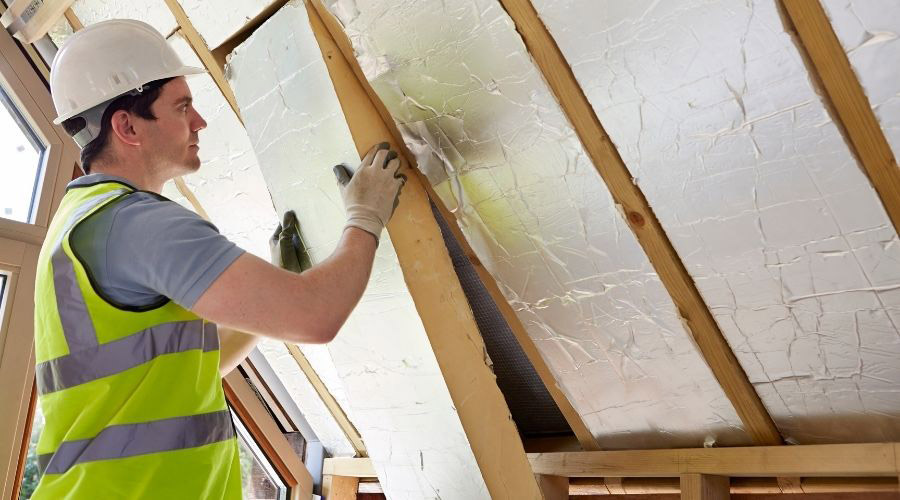
2. Poor Insulation
It’s inefficient to leave a space heater on for many hours if a house has poor insulation. In theory, you could keep your heater turned on forever, but it still wouldn’t make your home comfortable without sufficient insulation.
Because the house has nothing to hold in the heat, it will escape no matter what. Therefore, the insulation problem needs to be solved rather than keeping your heater on all day.
3. Older Heaters Shouldn’t Be On For Long
A space heater should not work for more than 3 hours if it is old. Older models are out of date and can have circuit breaks. It is also important not to leave a heater unattended.
Also, think about the correct location to put your heater. Please do not leave it near drapes or any flammable fabric. The highest number of fires caused by space heaters have been because you left the heater near the window’s drapes.
It is recommended to leave at least three feet of space between the heater and any fabric. This rule also applies to any flammable object.
4. Make Sure Your Heater Has Safety Features
When buying a space heater, some safety features are included, making it easier to use the heater. One of the best safety features the heaters can have is a timer.
After a certain amount of time, the timer turns the heater off. The timer is useful when you are busy with other activities or sleepy and have forgotten about the heater.
An automatic thermostat is another fantastic feature that space heaters come with. They will only come when the temperature falls below a specific number, allowing you to conserve energy and use heat minimally.
A similar feature is an automatic shut-off, which will turn off the heater when the temperature rises to a certain level.
Your heater may have a tip-over feature, which will immediately turn off the heater if it’s tipped over, which comes in handy if you have pets or children at home who can accidentally bump into the heater.
Is It Safe To Run A Space Heater All Day?
Many people choose to go to sleep with their heaters on. Leaving a heater unattended will put your household and yourself at risk. You would not know whether a fire had broken out during the night.
When you are sleeping, your sense of smell cannot be relied upon, which is why gas heaters can be hazardous. You may not know whether gas has leaked at any point in the night, and you could be threatened by carbon monoxide poisoning.
Nevertheless, modern space heaters have many safety features that allow you to leave your heater running overnight. If you want to leave your heater overnight, look out for all the safety features we mentioned above. There are also additional instructions you need to follow if you leave your heater overnight.
1. Make Sure Your Heater Is Properly Placed
The proper placement is vital to ensure warmth and safety overnight. Following the instruction that you should not place your heater near fabrics and flammable objects, you should keep it away from the furniture.
2. Do Not Dry Your Clothes With Your Heater
Also, do not use the heater to dry your clothes. Don’t place the heater near your freshly washed clothes. Also, don’t drape socks, towels, or t-shirts over them. Wet clothes can even clog the heater and cause overheating.
3. Don’t Use Extension Cords
Space heaters use a lot of power, meaning they can overload specific circuits implies that you should use a grounded outlet for a heater. Don’t plug it into extension cords with other devices. Extension cords are not designed to handle a lot of wattages.
4. Don’t Leave Your Heater Unattended
Please turn it off when you leave the room to ensure the heater doesn’t cause a fire or any other danger. You will save energy by turning the heater off when it’s not in use.
When you’re sleeping, you are unaware of your surroundings, which equates to leaving the heater unattended.
5. Install Smoke Alarms
If you have a space heater, it is recommended to install smoke alarms. They are essential in every household that has a chance of catching on fire.
They are loud and necessary as they could save your life. If you use space heaters powered with gas, also think about investing in a carbon monoxide detector.
How Dangerous Are Space Heaters?
It might seem cheap and simple to warm up a cold room or cut down your heating bill by investing in a portable space heater come winter, but they often have a bad reputation. You can find much news online saying that heaters are responsible for causing fires in homes.
But by nature, space heaters are not dangerous. However, they are sometimes used unsafely, which is why accidents happen.
The most common danger a heater can cause is fire. The heater can be misused in several ways, which explains its dangerous reputation.
1. Overheat The Wiring
Many people will leave their heater running for 24 hours. You could overheat the wiring or circuit if you run a space heater 24/7. If the space heater runs on gas or oil, leaving it on for too long can lead to carbon monoxide poisoning.
2. Kids Can Make Your Heater Fall Down
Kids are more sensitive to cold temperatures than grown-ups, so many parents will buy a space heater for their kid’s room. Leaving a space heater running in a children’s room unattended can be very dangerous. Kids can tip over the heater without overthinking it.
3. Inspect Your Heater Regularly
One thing that also causes danger is a heater that is too old. You must inspect the heater and check for damages, worn-out elements, and broken cords. The heater can easily catch on fire if there are any loose connections and damaged cables.
When the heater is running, please take a few moments to look at it, check how it’s working, and listen for any unusual sounds. Check if the outlet or the cords are hot. If you feel that they are hot, turn the heater off immediately.
People sometimes ignore the fact that the faceplate of the heater is hot. Even if the heater’s primary purpose is to warm up the room, its faceplate should never be hot.
Each heater has a ventilator that will cool down the device to keep it working correctly. If the ventilator is not working, the heater can overheat and cause a fire again.
4. Get A Heater That Fits Your Room Size
Some of the most common mistakes people make are using the wrong-sized heater and using their heater in a very humid space. More oversized heaters use high wattage to run, and some outlets cannot handle this amount of power.
If you have a small room and a big heater, it can stuff the room with heat. Using a heater with high humidity is similar to the dangers that water and electricity cause.
Do Space Heaters Have An Automatic Shut-off?
Modern heaters are commonly equipped with an automatic shut-off system. The most common scenario in which an automatic shut-off reacts is when the heater is tipped over. The sensor in the shut-off mechanism will immediately turn the heater off when it falls.
Automatic shut-off runs in collaboration with the thermostat. The thermostat in the heater also has a shut-off feature. It is triggered when the room reaches a specific temperature. But the shut-off feature is installed for safety reasons as well. It will turn off the heater if there is a fault in the system.
Heaters are generally fitted with a protection system to switch the machine off if the internal temperatures get too high to avoid unit damage and preserve specific protection standards in your home.
If the heating vents are blocked, the safety mechanism will kick in, and the heater will shut off so that it has a chance to cool down: even if the room hasn’t been heated yet.
Due to an issue with its internal gauges, the thermostat can misread the temperature in the room. Suppose the heater is incorrectly positioned in your home, for example.
The thermostat will turn off the heater if it’s exposed to drafts or hot spots that do not accurately represent the internal temperature.
If an electrical part is overloaded inside the heater, the circuit breaker could be activated, cutting off the whole device’s power.
If you have to continue resetting the breakers to make the heater work, it means that the heater is broken, and you have to repair it. A qualified technician will isolate the faulty part and fix or replace it to restore functionality to your heater.
The automatic shut-off system is responsible for a cycling system as well. If you see that the heater is turning on and off, it sometimes means running in a cycling mode and is not broken.
Cycling happens when the temperature is exceptionally close to the heater’s temperature to maintain in the room around the heater. Slight temperature variations will cause the device to cycle on and off.
This running model in the heater is helpful for the ventilator. It allows the heater to cool down to not overheat by turning it off when it reaches the desired temperature.
Can You Leave A Space Heater On When You’re Not Home?
The space heater shouldn’t be left unattended. We have mentioned this several times, and the best safety measure you can take is to not go alone in the room. This rule applies to every space heater that does not have the safety features mentioned above.
If you have an automatic shut-off system that covers the thermostat, tip-over, and overheating features, you could leave it on when you’re not home. The cycling mode can also be helpful in this situation.
If it’s essential to leave your heater on when you’re not home, invest in a heater with a timer. The timer can save you in many situations if the heater is left unattended. You can set it to turn off at any time.
You can buy an individual timer if you have a heater that doesn’t have a timer. You can easily plug a space heater into a timer. Most timers are designed to operate with devices with enormous amounts of power needed. Separate timers are also intended to be an additional part of any device.
Conclusion
Running a space heater all day and night is not wise to wrap everything up. This is because of poor insulation and respiratory issues. If your heater is too old, it would not be able to do the job in the first place.
Always take precautionary measures every time you use a space heater. You will then find that your home will be safer because of it!


